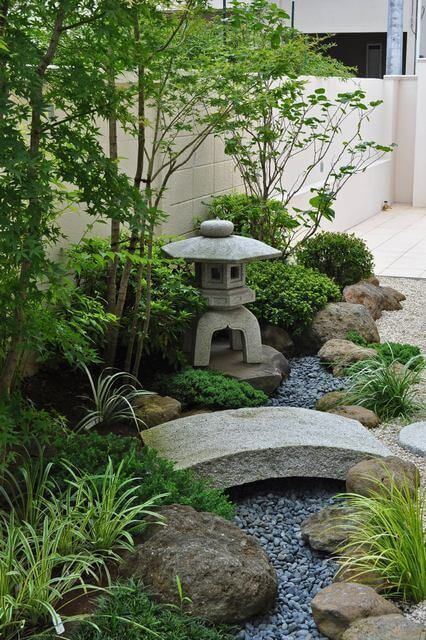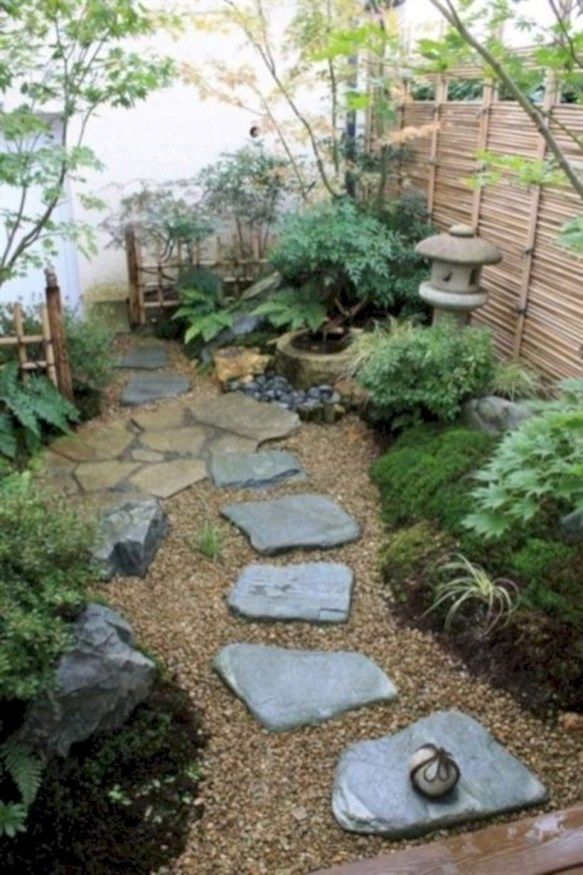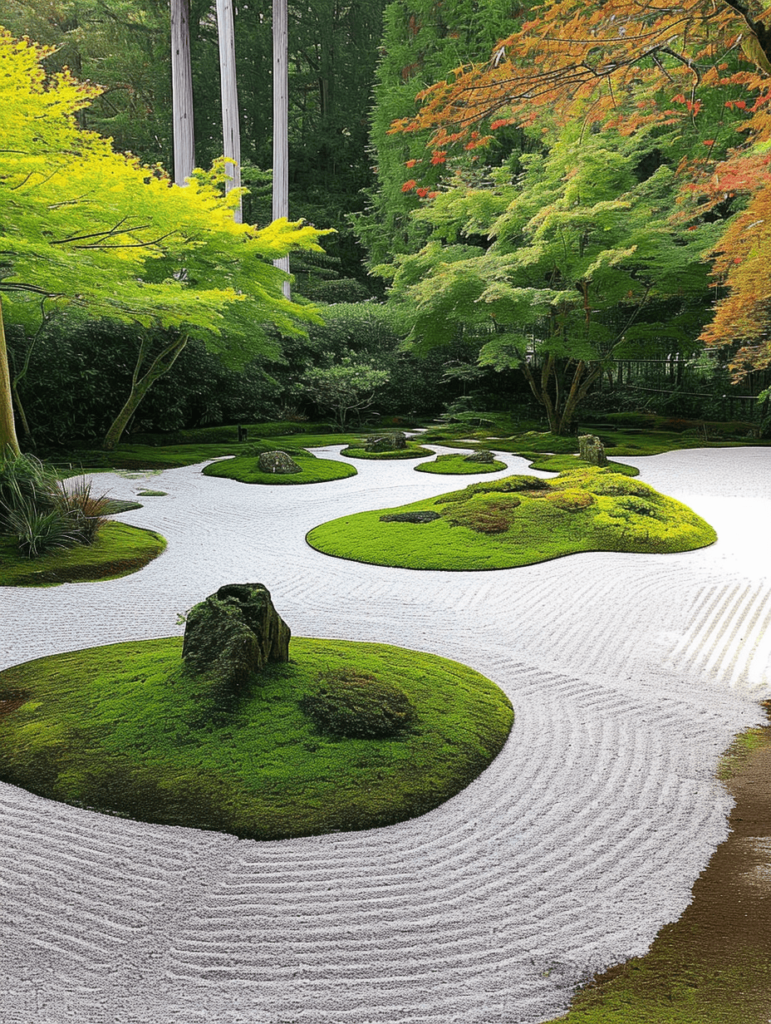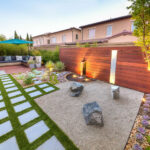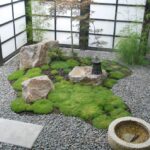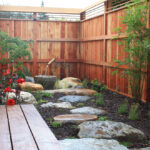Zen garden design is a centuries-old practice that emphasizes simplicity, minimalism, and tranquility. Originating in Japan, these gardens have become popular all over the world for their peaceful and harmonious atmosphere. When creating a Zen garden, the focus is on creating a space that promotes mindfulness and contemplation.
One of the key elements of Zen garden design is the use of rocks and gravel to represent water and islands. The rocks are carefully chosen and placed in a way that mimics the flow of water in a natural landscape. The gravel is raked in patterns to create a sense of movement and flow. This combination of rocks and gravel helps to create a calming and meditative space.
Another important aspect of Zen garden design is the incorporation of minimalistic plantings. Traditional Zen gardens typically only include a few carefully selected plants such as bamboo, pine, and moss. These plants are chosen for their simple beauty and ability to thrive in a Zen garden environment. By keeping the plantings minimal, the focus is placed on the overall design and the natural beauty of the space.
In addition to rocks, gravel, and plants, Zen gardens often include other elements such as bridges, lanterns, and water features. These elements are used sparingly to enhance the beauty and tranquility of the space. Bridges are typically made of wood or stone and are designed to blend in with the surrounding landscape. Lanterns provide soft, ambient lighting for evening meditation, while water features such as small ponds or fountains add a soothing element to the garden.
When designing a Zen garden, it is important to pay attention to the overall layout and balance of the space. Symmetry and asymmetry are both important elements in Zen garden design, with an emphasis on creating a sense of harmony and balance. Paths and stepping stones are often used to create a sense of movement and to guide visitors through the garden in a mindful way.
Overall, Zen garden design is a practice that encourages mindfulness, simplicity, and tranquility. By carefully selecting and arranging elements such as rocks, gravel, plants, and water features, a Zen garden can become a sanctuary for relaxation and contemplation. Whether in a private backyard or a public space, a well-designed Zen garden can provide a peaceful retreat from the stresses of everyday life.
 yishifashion Where Outdoor Dreams Become Reality
yishifashion Where Outdoor Dreams Become Reality
